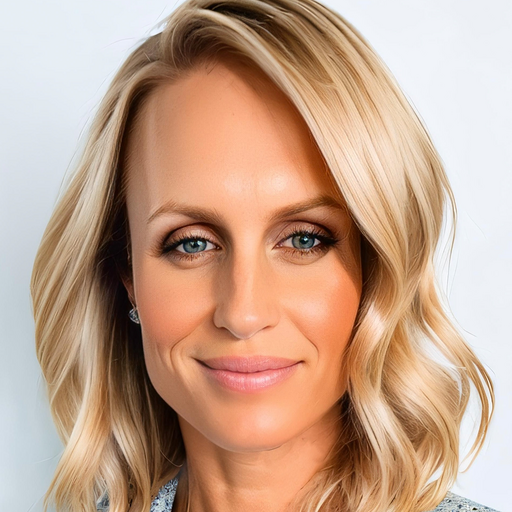Five Key Financial Tips for Opening a Gym


When you’re opening up a gym, having sound finances is essential. But, chances are, pouring over balance sheets and bank statements is not what gets you excited in the morning – and trust us, you’re not alone. This is why we put together a few financial tips for opening a gym and put you on the track for financial success. This is just a taste, if you really want to ace financial management for your gym, check out our new A-Z Guide to Gym Financial Management.
1. Build a Business Plan
A business plan can be time intensive and daunting, but is an integral part of long-term planning for your business, from start-up through maturity. If you need cash to fund your business, investors and lenders will require a business plan prior to lending or investing money. Additionally, the research that goes into preparing a plan can uncover incorrect assumptions regarding the market, geographic area, customer base, start-up or even overhead costs necessary to run your business. Discovering these mistakes in the planning phase, prior to launch, allows for adjustments before commitments are made and contracts are signed. There are a number of sources out there to get you started on a business plan, including the SBA (Small Business Association).
2. Set Realistic Financial Projections
Financial planning is a big part of building your business plan. You’ll have to plan startup costs, monthly expenditures, and cash flow break-even points. Be realistic! The outputs of your financial planning are only as good as the data you input. Use your gym member software to get data and build a best-case, middle-case, and worst-case projection. Plan to run your business off the worst-case projection until you get things off the ground.
Master Your Gym’s Finances with our A-Z Guide to Gym Financial Managment.
3. Consider Outsourcing Professional Skills
Opening a business requires knowledge that can be very technical. Things like negotiating lease space, setting up financial planning and record-keeping are tough. Even if money is tight, it is useful to consider outsourcing certain tasks to hired professionals such as a lawyer and/or accountant. Small details overlooked in contract negotiations and investment or loan paperwork can cost you heavily in the long-run. Pay now or pay later.
4. Build the Financial Foundation
Cash flow is the financial infrastructure of your business. Aim to develop a membership base that allows for stable future cash flows. Avoid membership offerings that are annual pre-paid or month-to-month renewals with no contractual obligation. These memberships don’t allow you to project future revenues after one year or count on revenues in the future from your month-to-month members. This is very risky at the start of your business when you likely won’t receive enough income to cover your expenses. Membership contracts are one way to ensure stable cash flow. Membership pricing and automatic payments are other key factors to consider in developing your membership base and your financial foundation.
5. Track Your Finances and Learn to Budget
A profitable business is represented by its operational and financial metrics. Understanding the numbers that impact revenue and expenses will be the game changer that defines your success. It will help you work smarter, not harder when you know the different levers you can pull to improve your position. Data tracking and analysis is key to measuring performance and comparing against competitors or your business plan for projections at this stage of your business lifecycle. Be sure to budget before expenses are incurred, and understand the expenses required to keep your facility open and running. A good fitness business software will allow you to track the operational and financial data needed to make sound business decisions.
Bottom line, research is key. So is networking with other fitness business owners and professionals to learn from others’ mistakes. Starting a business for your passion is challenging but supremely rewarding. Stay focused and do the financial dirty work, and you’ll set yourself up for wild success! While you’re at it, see how the best gym software can help you manage your gyms finances.
Looking for more financial tips for opening a gym? Check out our Guide to Gym Financial Management below.

I’m Coach Kelli, a devoted CrossFit gym owner with 15 years of experience managing my facility, along with owning yoga studios and wellness centers. Beyond the fitness world, I have a passion for cooking, cherish moments with my children and family, and find joy in spending time outside. Having experienced the highs and lows, I’m dedicated to leveraging my expertise to help you grow and succeed on your fitness journey.

I’m Coach Kelli, a devoted CrossFit gym owner with 15 years of experience managing my facility, along with owning yoga studios and wellness centers. Beyond the fitness world, I have a passion for cooking, cherish moments with my children and family, and find joy in spending time outside. Having experienced the highs and lows, I’m dedicated to leveraging my expertise to help you grow and succeed on your fitness journey.








